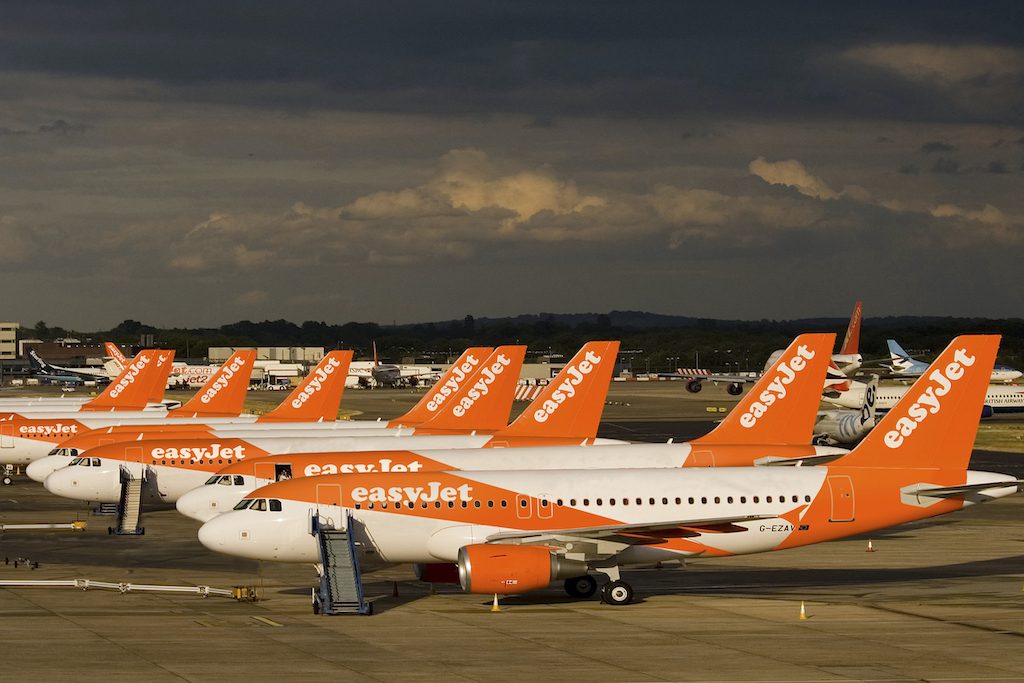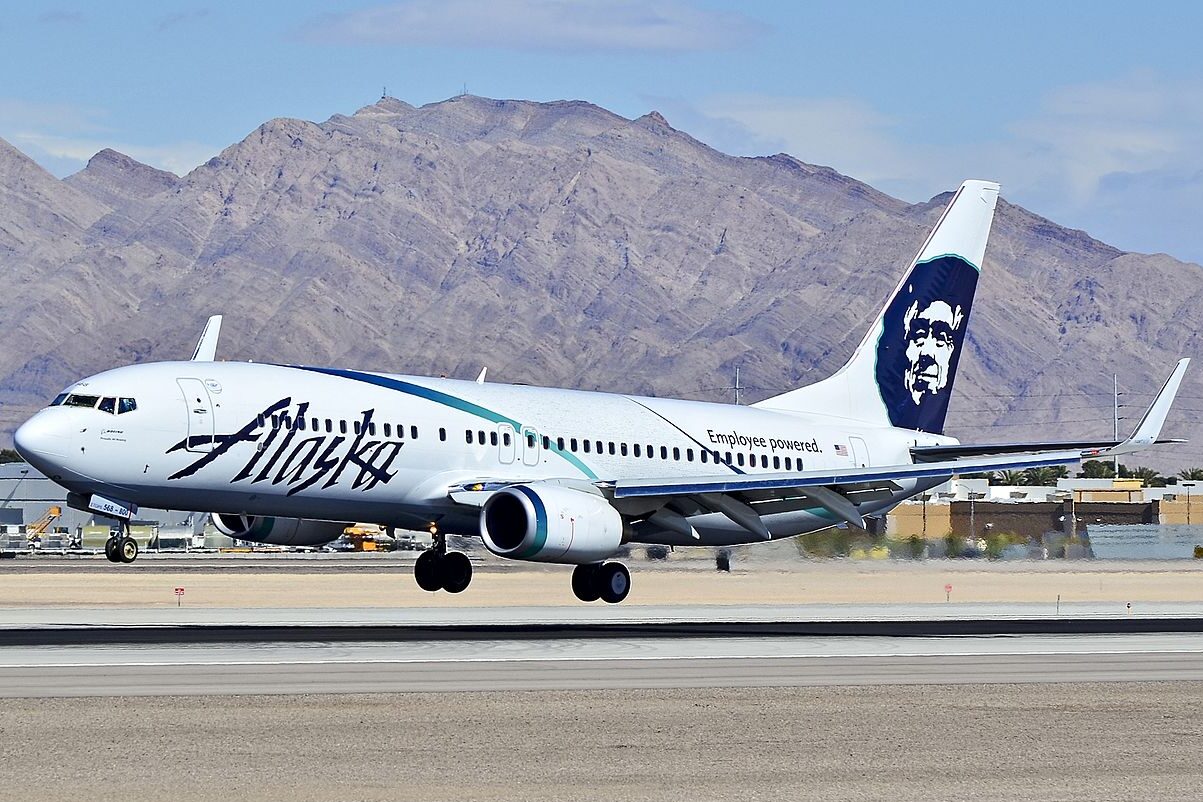The EasyJet Cabin Manager Volunteering for the UK's National Health Service

Skift Take
When Rebecca Lawrence was furloughed from her job as a cabin manager for EasyJet recently, the reality quickly set in.
"A lot of us say, 'Oh it’d be great having some spare time.’ But not in this way — not in this way at all."
Like most furloughed workers in the UK, she is entitled to the government's job retention scheme, so while she was not entirely without pay, she was entirely without work. Having been in the airline industry for 13 years — first starting with EasyJet 11 years ago — seeing the entire fleet grounded and staying put was nothing short of bizarre.
Get the Latest on Coronavirus and the Travel Industry on Skift's Liveblog
But then opportunity came in the form of an email from Britain's National Health Service, which is mobilizing in something like a wartime effort to expand its capacity across the UK. The NHS is asking furloughed cabin crew from airlines to volunteer as support workers in the Nightingale Hospital currently completing construction in east London's ExCel Center. Lawrence jumped at the chance to volunteer, along with about 200 of her EasyJet colleagues so far. The airline has furloughed about 4,000 of its 9,000 UK-based workforce. Virgin Atlantic, which has furloughed staff, is also participating in the scheme.
"Myself like everyone else is obviously so grateful to the NHS and everything they’re doing on the frontline right now for the country — and also the pressure that they’re under," Lawrence told Skift. "If there’s anything we can do with our relevant skills that we have to help, then why not. I think it’s good for us to do."
Before the crisis, Lawrence split her time between flying as a cabin manager — which involves looking after aircraft safety, customer requests, and overseeing day-to-day service on board, including "anything out of the ordinary we're trained for" — and training and managing crew on the ground as well. She told Skift the relevant skills that she and her colleagues bring include the first aid training that all cabin crew receive at regular intervals. In addition, airline employees like Lawrence go through extensive background checks, making them a trusted workforce to mobilize when the government needs help.
"We're also highly trained to seeing signs and symptoms that any of our customers might have on board. Luckily we don't see [many of those things] every day on board an aircraft because that’s not our normal routine, but it's stuff that crew is highly trained to deal with and refreshed with once a year. "
The Nightingale Hospital is a temporary facility that will house coronavirus patients. It currently has 500 beds, with space for 3,500 more. It's expected to be operational in the next few days. Lawrence and her colleagues have not started their duties yet, and are expecting to be given instructions as soon as the facility is operational. More temporary sites are expected to be built in Birmingham and Manchester, which airline staff will also be tapped for.
"To see the whole fleet grounded, it’s a strange feeling — but we have got a great team here at EasyJet and I can speak for us as a crew and a community … we’re being paid through the government retention scheme, so I think it’s a good time then to support those who need it the most. I think it’s a good way to give something back."





